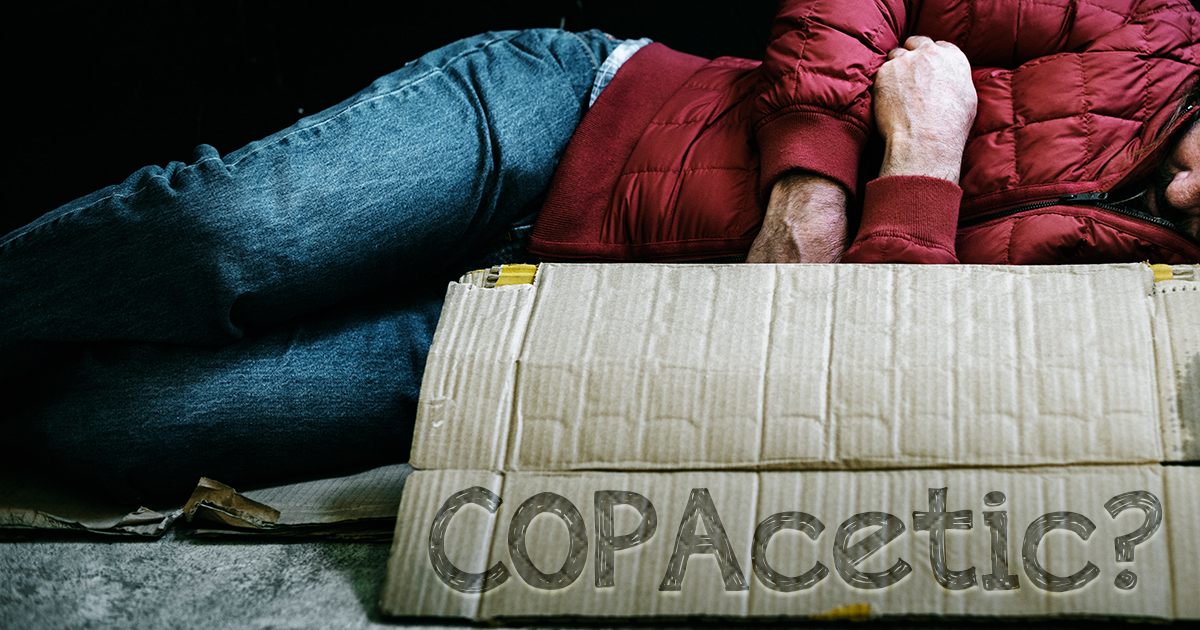
This might come as a surprise, but San Francisco has a housing problem. I know, I know, sad but true. It’s hard to find a place if you make a decent living, but if you’re poor or even middle class? Probably looking at a couple thousand a month to live in a dorm. Sharing a bathroom and kitchen with a bunch of strangers, as an adult man decades out of college? Fun.
There are a lot of theories going around about how to solve the crisis. In September, the Mayor’s Housing and Community Development office signed a law that had been a long time in the making: the Community Opportunity to Purchase Act (COPA).
In short, COPA grants qualified nonprofits the right of first offer (ROFO) and first refusal (ROFR) on residential buildings of three units or more and vacant lots that could be developed into those buildings. The seller has to mail a notice of sale to the nonprofits and the Office of Housing and Community Development, whereupon the nonprofits have 25 days to make an offer. To qualify as an eligible nonprofit, the organization needs to meet certain criteria, including operating for a certain number of years helping lower income people secure housing. The certification is valid for three years, renewable through the same application process. The law protects existing tenants, and requires property purchased by the nonprofit remain rent restricted, meaning rent can’t exceed 80% of the Area Median Income (AMI) and new tenants can’t make over 120% AMI. COPA grants incentives to sellers, in the form of partial transfer tax exemption. More details can be found here.
COPA’s been a long time in the making and it’s not without precedent: our nation’s capital has had TOPA (Tenant Opportunity to Purchase Act) and DOPA (District etcetera etcetera) for a while now. While it gives tenants the right of refusal rather than a nonprofit, the blueprints are similar. This is a double-edged sword. Pro-COPA folks will argue that the TOPA and DOPA double act has helped combat displacement, which is true. At the same time, it’s also well documented that unscrupulous types will take advantage of TOPA to double-cross potential buyers and landlords, by essentially selling their right of first offer and refusal to the highest bidding companies.
Giving the ROFO and Refusal to nonprofits instead of individuals seems like a way to counteract this kind of abuse, but many remain unconvinced by COPA. The San Francisco Apartment Association has branded the legislation “illegal and unconstitutional,” a move that “violates the rights of property owners.” Charley Goss, Government Affairs Manager for the SFAA, says the “City should be spending money to build new affordable housing units, not shuffle ownership of existing ones.” Another representative of the organization stressed that new housing is “what we seriously need.”
It’s hard to argue with the facts – rearranging the deckchairs on the Titanic won’t keep it from sinking. Still, it’s easy to fall into apocalyptic language at the first sign of discomfort. COPA won’t be forcing anyone to sell to someone they don’t want to sell to. Landlords are well within their rights to refuse the First Offer, and if a nonprofit exercises First Refusal and matches the sum offered, well… not a huge loss, unless you really want to make a point and refuse the refusal out of spite. Which, again, within rights, just… impractical.
Another disgruntled landlord representative said COPA will foster ill will between tenants and landlords, and I think this is sort of the crux of the matter. It doesn’t have to foster ill will. At the end of the day, we all want to live in SF for our own reasons, and the one uniting factor is our shared home city. COPA might take some getting used to, but in such a divided era, why not give the situation a more positive spin?
The legislation comes into effect early 2020. Let’s at least try to make things… COPAcetic.
